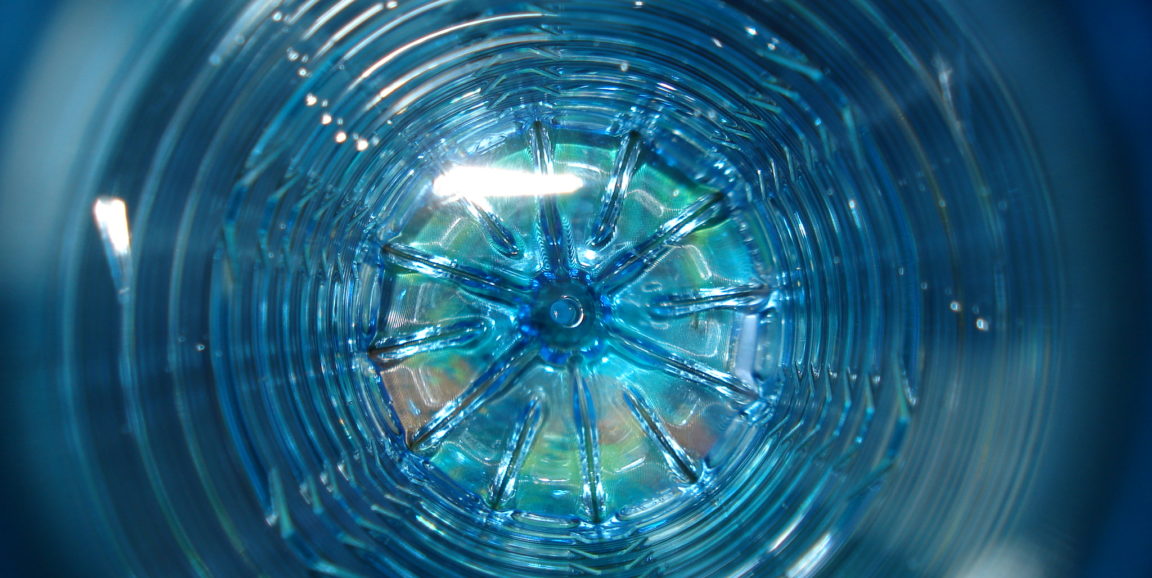Helping kids do what's best for them isn't always easy, but at least when it comes to encouraging schoolchildren to make healthy beverage choices, it may be more straightforward than we think.
As a recent story for Insights by Stanford Business explains, Stanford marketing specialist Szu-chi Huang, PhD, and a group of researchers collaborated with UNICEF to determine the best way to encourage schoolchildren in Panama to drink water.
Before the study began, the researchers selected four comparable elementary schools within 10 miles of each other, of similar size and socioeconomic status.
Then they gave the kids a questionnaire to find out what, if any, preexisitng beliefs the kids had about drinking water. They found that kids strongly associated drinking water with health, which is true, but only moderately associated water with intelligence and weakly linked water consumption to the ability to make friends. Neither of the latter claims are backed by research.
The researchers carried out their messaging campaign by putting up posters with a statement unique to its campus in each of the four Panamanian elementary schools.
Posters read drink water and "be healthy" at one school, drink water and "learn faster" at another school, and drink water and "make friends" at the third school. At the fourth school the signs simply instructed kids to "drink water."
After the posters had been on display for one month, the researchers assessed if and how water consumption had changed at each school.
At the school with posters that read drink water and "be healthy," water consumption increased by 31 percent.
The schools with posters linking drinking water to learning and gaining friends had no significant change in water consumption.
However, the poster campaign completely backfired at the school with posters telling the students to drink water without offering any explanation. Here water consumption significantly decreased by 48 percent.
So is honesty the best policy? Sort of. The results and their interpretation is nuanced, Huang explained.
In this case, many of the students already believed that drinking water was linked to health. Targeting the students' preexisting belief that water is healthy -- a belief that happens to be true -- may have helped encourage kids to drink more water, Huang said.
When asked why water consumption declined sharply at the school with posters that directed the kids to drink more water without any explanation, Huang said, "people don't want to follow an order without any reason. This rule applies to children as well."
What happened to the water consumption at each school after the posters were removed? The researchers followed up at each school several weeks after the posters were taken down, and found that water consumption had mostly reverted to the pre-study levels.
The study suggests that not only do kids pay attention to the kind of messaging used, but they may need a continuous reminder of the message (in this case a poster on the wall) to make the desired behavior change stick.
Photo by Lora Rajah




